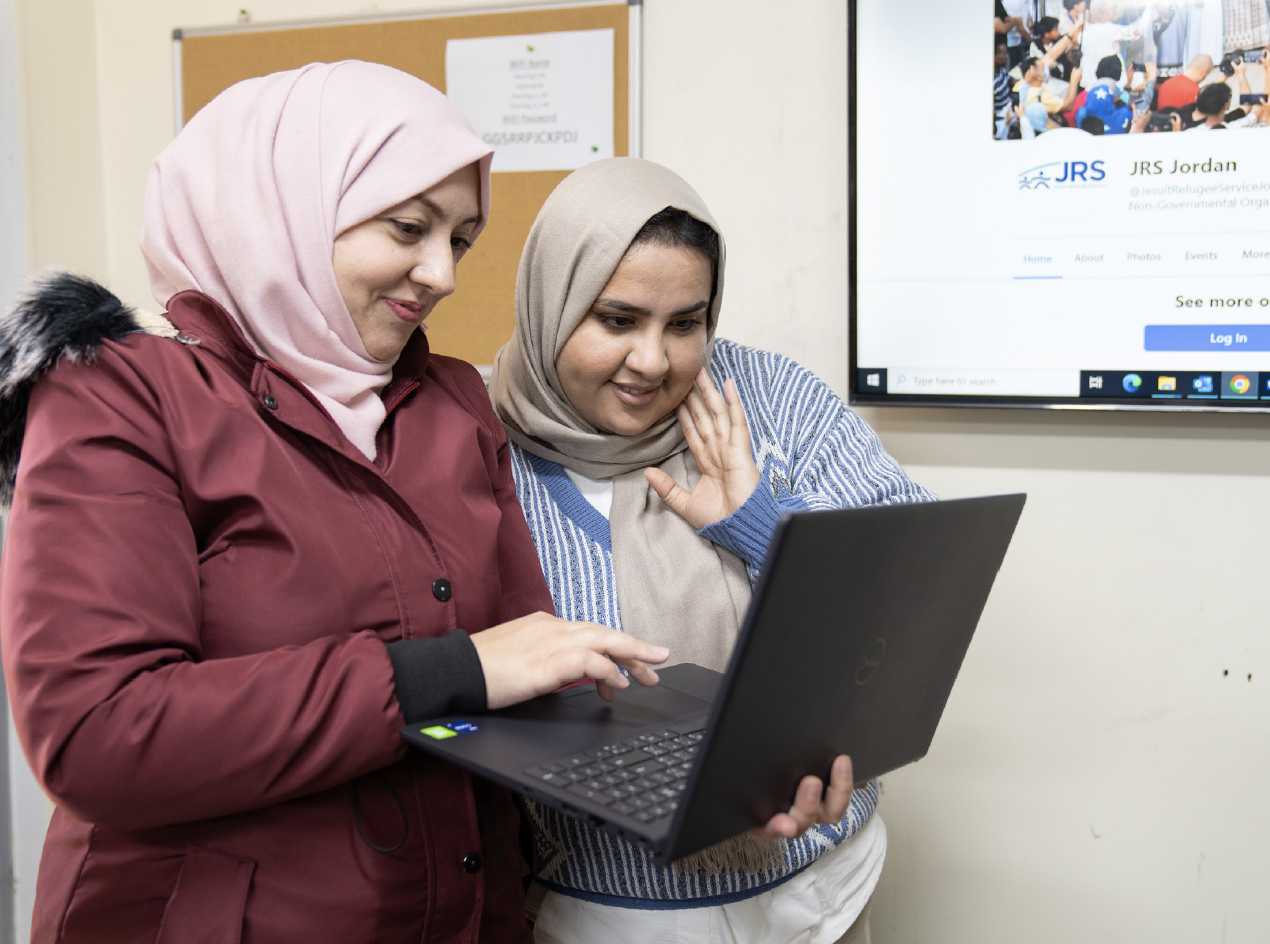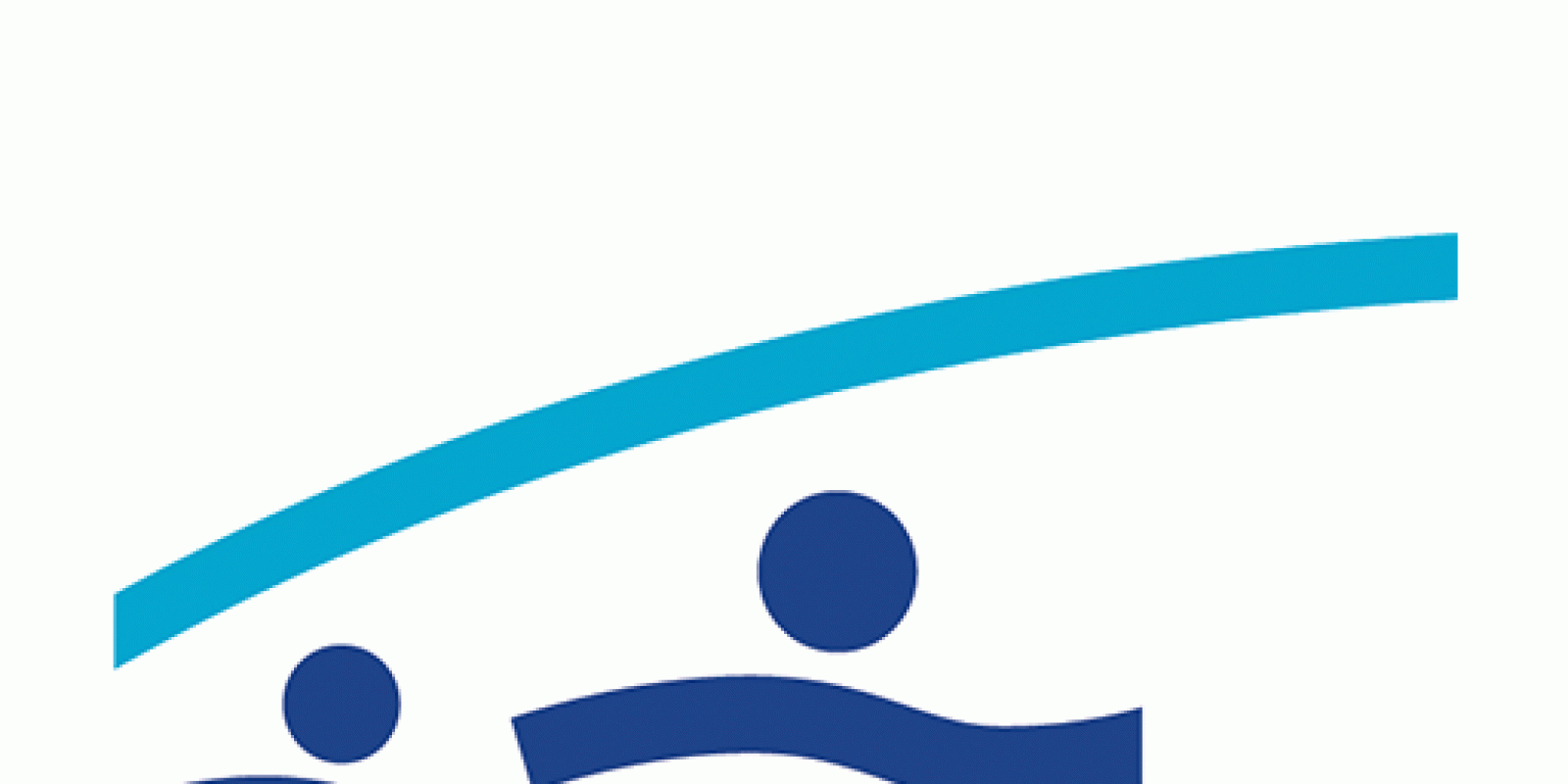JRS Jordan: Freelancing Online, A Path to Economic Independence
08 May 2023|JRS Jordan
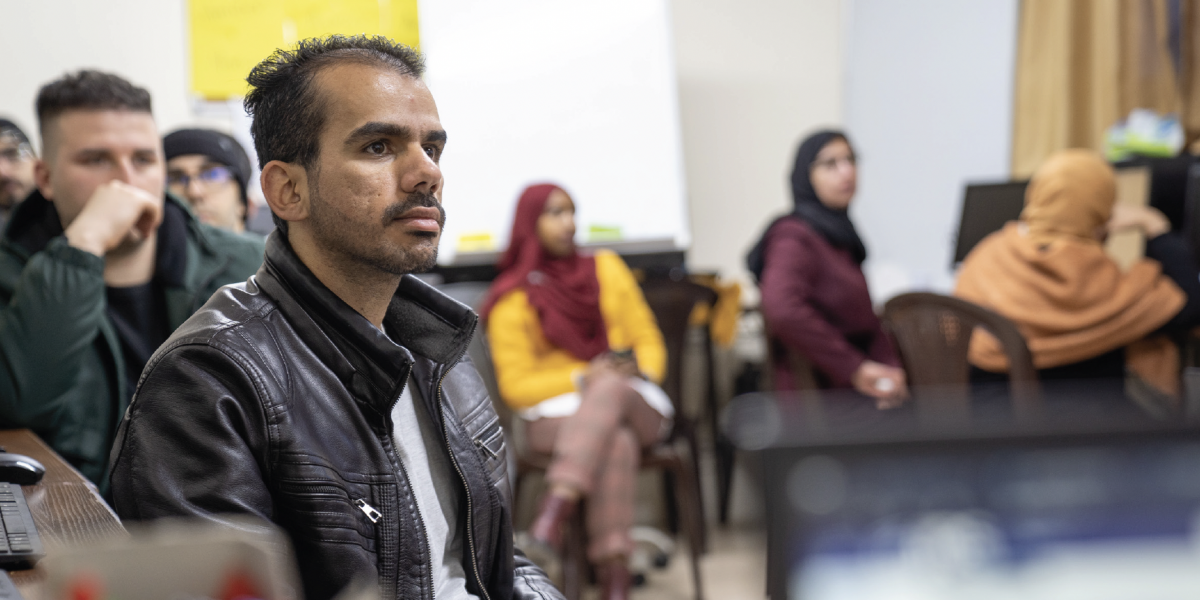
*Story written by JRS Jordan
Job opportunities in Jordan are limited – the country suffers from a high unemployment rate, limited access to labor market and high competition. For refugees hosted in the country, the situation is much harder. Jordan hosts one of the largest numbers of Syrians fleeing the war. However, due it is stability and safety, Jordan also became a country of asylum for refugees fleeing other war-torn countries: Iraq, Sudan, Somalia, Yemen, Eritrea, and other African countries. While Syrians have some, very restricted access to work legal employment, non-Syrians in Jordan have no realistic, legal pathway to work.
To obtain a work permit, any non-Syrian refugee would have to give up their refugee status granted by UNHCR. This is not an option for most, as this means they will lose any international legal protection, and the possibility of being resettled in third-countries.
JRS Jordan operates in the country to provide services and support to the most vulnerable and marginalized communities – thus non-Syrian refugee population. JRS mission is to accompany people to find their path, to provide them with the tools to obtain self-reliance and independence. Our goal was to provide a structure for income generation within this challenging context? Aiming to find feasible solutions, the Digital Inclusion Program came to life, thanks to the collaboration with Konexio, a French start-up.
What does Digital Inclusion Program (DIP) mean?
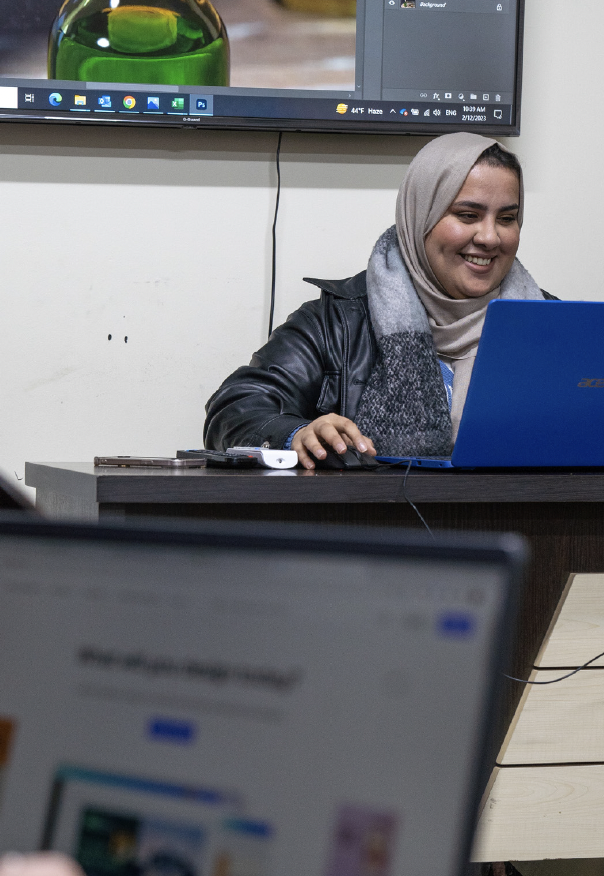 In October 2022, the first cohort of 22 students started the initial round of the program. They were from Iraq, Jordan, Yemen, Sudan, and Syria. Over the course of 6 months, under the guidance of JRS trainers, the students explored a wide range of possibilities that can allow them to earn an income through freelancing online and engaging in the global digital economy market. The course covered multiple topics, and enabled them to obtain digital skills in the following sectors: advanced Microsoft Office, advanced Internet search engines use, e-mails applications, collaborative work, social network, file management, data processing, data management, transcription, content writing, marketing, photo editing, online tools for design and translation.
In October 2022, the first cohort of 22 students started the initial round of the program. They were from Iraq, Jordan, Yemen, Sudan, and Syria. Over the course of 6 months, under the guidance of JRS trainers, the students explored a wide range of possibilities that can allow them to earn an income through freelancing online and engaging in the global digital economy market. The course covered multiple topics, and enabled them to obtain digital skills in the following sectors: advanced Microsoft Office, advanced Internet search engines use, e-mails applications, collaborative work, social network, file management, data processing, data management, transcription, content writing, marketing, photo editing, online tools for design and translation.
Together with learning and applying these tools, the students were guided through the channels and platforms that can provide to them freelance assignments, such as Fiverr, Upwork, and other platforms operating in the Arab world. The participants were provided also with laptops and data bundles. They were supported in creating profiles on the freelance platforms, and in learning how to make their profile and skills stand out.
The program is a combination of training in technical skills and soft skills to improve performance and increase productivity. Participants who completed the program successfully are now able to master the fundamentals of computer operations, the key concepts of Internet (browser, advanced search, web scraping), the use of emails, Google drive and social network in a professional way, the use of Microsoft Office for data analysis and data mining. They now know on which freelance platforms they can find job opportunities, and they learnt communication and negotiation skills required for freelance success, built their online portfolio, got acquainted with online bids and deals, and also improved skills in time management and budget management.
How does DIP help the refugee students towards economic self-reliance?
During the last phase of the course, the students started to apply for freelancer opportunities. Thanks to the tools learned through the program, and in combination with their previous studies, background and skills, many found jobs in data entry, research field, translation, proof-reading, data gathering.
Addison, a student and refugee from Iraq, explains that he enrolled in the course to “gain a holistic understanding of the different skills that will benefit me in the field of freelance in a successful way. In fact, I have learned a lot of skills that will be valuable to my career including professional email writing, spreadsheets, data analysis as well as research techniques. These skills will benefit me in becoming a successful freelancer. This course is important and unique”. Another student, Amani from Jordan, says that “this course is distinctive from the other courses offered by JRS because it teaches people how to develop their skills and how to earn income from these skills. Now, how did I benefit from this course? I was able to build an accounting system from A to Z. Without these skills that I have learned in JRS I would not be able to create this system”.
Another student shared words of gratitude for the possibility to join this program. She is from Yemen, fleeing war, violence and an oppressing environment for women. She is in Jordan with her mother and siblings, and unfortunately couldn’t get the registration as refugee because UNCHR, following a government decision, stopped the registration of refugees since 2019. For this reason, DIP unleashed an opportunity even much more precious and valuable for her and other unregistered refugees in her same situation, without a legal residency in the country and left out of any financial or service support by the humanitarian actors. This is her message to JRS:
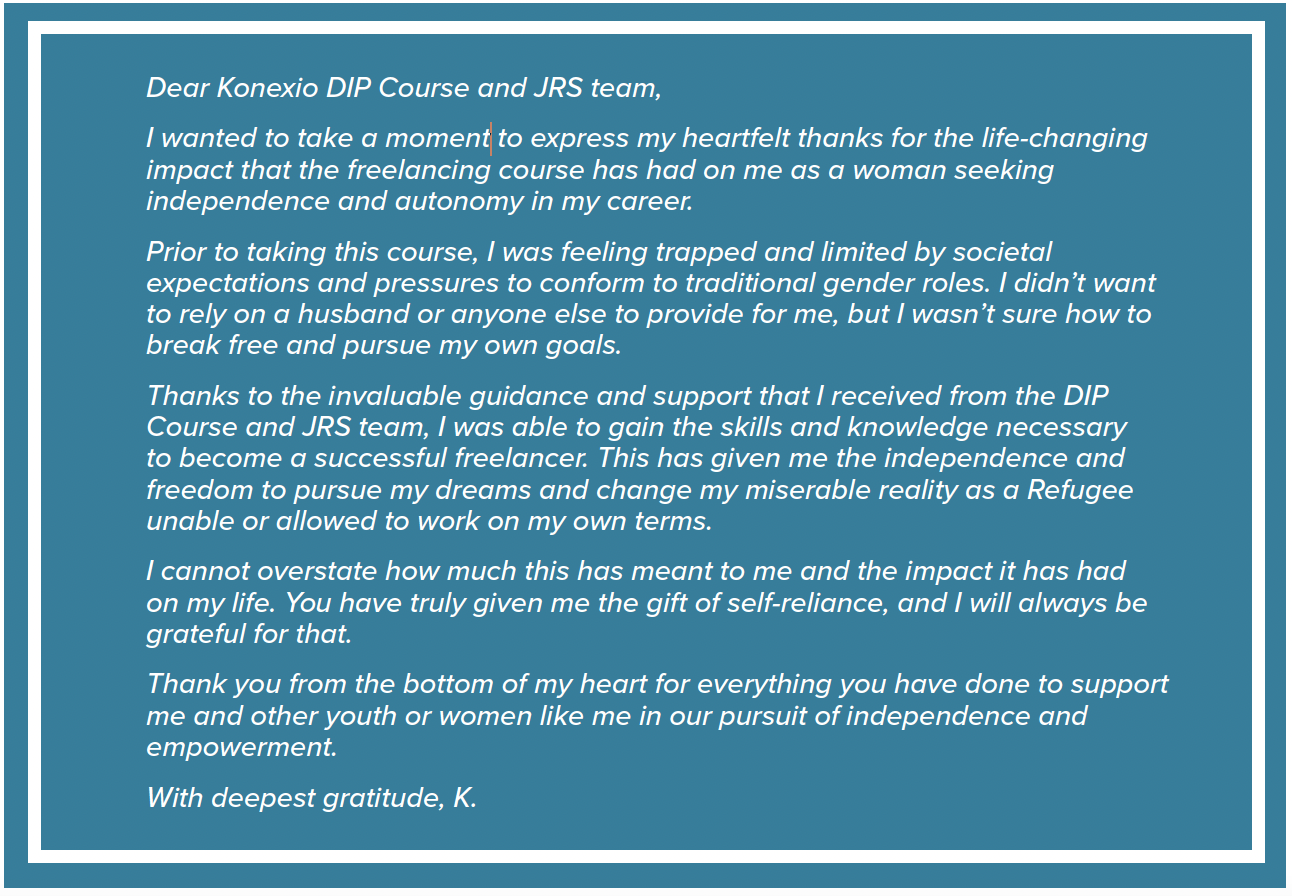
A hope for the future: regaining control over their life
Ru’a Hbahbah, JRS trainer of the DIP, explains the importance of this course, particularly for individuals from vulnerable and marginalized communities. “By the end of the course, the students are updated about the latest technology, such as new searching techniques, software, and platforms that opened for freelancers. But the course is very useful for other reasons too, because now the students know what they want to be, and they have a clearer view about their future. They meet others, they develop new ideas together, and they learn from each other. The freelancing possibility gives them some hope, knowing they can gain some money out of this. They start again to believe in themselves, and they feel more confident” she says.
Indeed, the benefits of the course go even beyond the much needed possibility of working. Their condition of not having the possibility to work, apply for jobs freely and using their talents and skills, result in the feeling of being trapped and overwhelmed with a sense of helplessness, feeling stuck, isolated, not having control on their life – as it feels like any decision in their life is in the hands of others and of unpredictable choices.
The DIP courses provides a necessary and precious possibility to gain control again over their life, to work towards independence, and to be able to apply their skills. This is part of the work of JRS to create hope and opportunities for all these displaced talents.
